COVID 'lab leak' theory: Does the DOE's assessment hold water?
The sharpest opinions on the debate from around the web

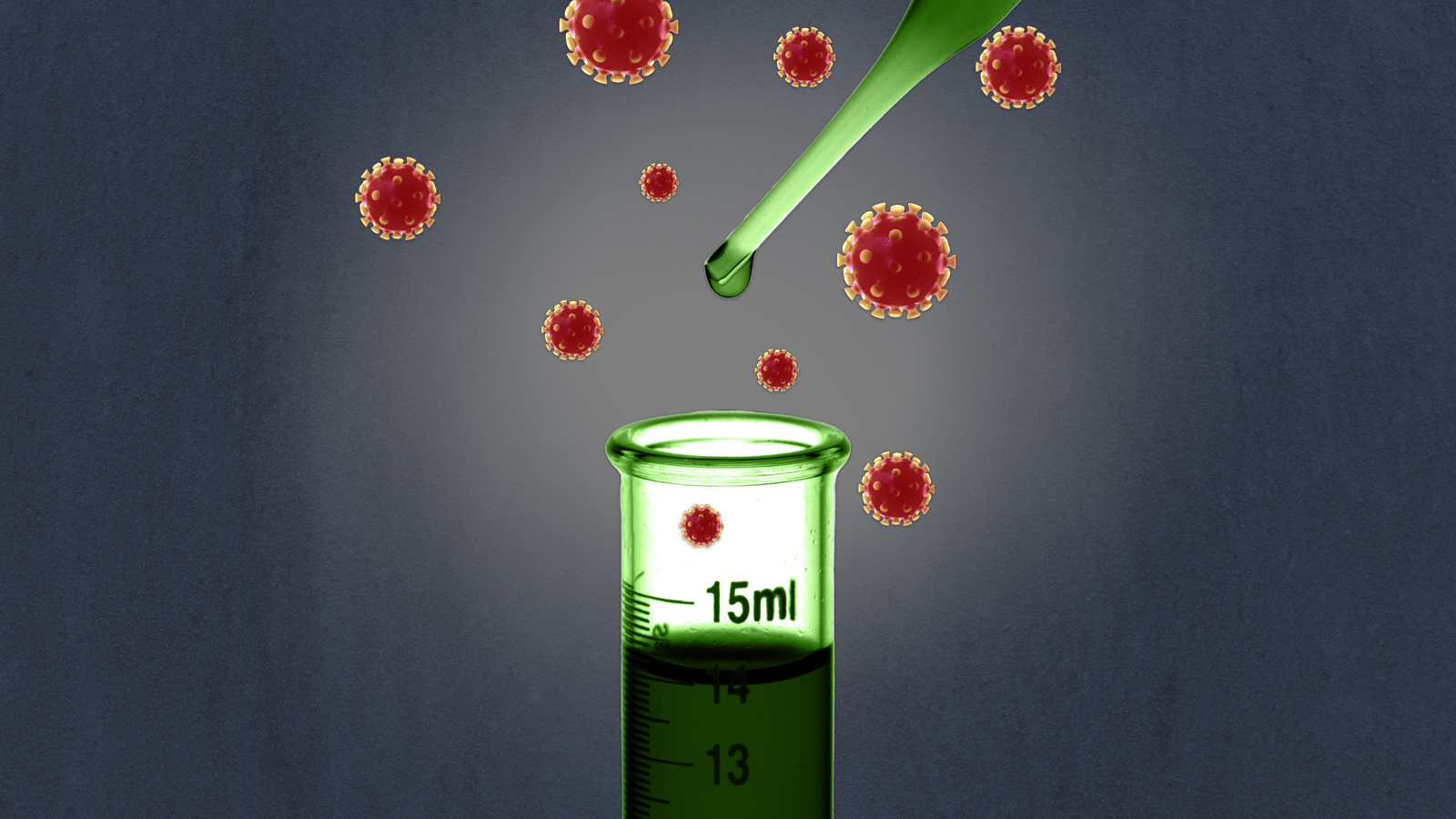
A free daily email with the biggest news stories of the day – and the best features from TheWeek.com
You are now subscribed
Your newsletter sign-up was successful
The Energy Department has determined that the coronavirus pandemic probably started with an accidental leak from a lab, although with "low confidence" in the conclusion, The Wall Street Journal reported this week. The department previously said it was undecided on how the pandemic originated, but a new analysis by experts from the department's national laboratory complex, using the latest intelligence, tilted it toward the lab-accident theory. The FBI also has concluded, with "moderate confidence," that a leak from the Wuhan Institute of Virology likely started the pandemic.
But four other agencies and a national intelligence panel have said the first outbreak in China was likely caused by a natural "spillover" from animals. "The bottom line remains the same: Basically no one really knows," a U.S. official told The Washington Post. China has disclosed little information about the first cases in 2019, stoking allegations of a cover-up. Will the latest report by the Energy Department change Washington's understanding of how the pandemic started, or merely stir up more heated exchanges in an inconclusive debate?
These experts can't be 'dismissed'
There are plenty of "first-rate" research teams in the United States, said Jim Geraghty in National Review, but the Energy Department's Lawrence Livermore National Laboratory "is the biggest of the big-time." It has a team of scientists that "specializes in the study of biological weapons such as viruses" as part of the lab's research on weapons of mass destruction. This crew's "assessments are not to be ignored, dismissed, or hand-waved away."
The Week
Escape your echo chamber. Get the facts behind the news, plus analysis from multiple perspectives.

Sign up for The Week's Free Newsletters
From our morning news briefing to a weekly Good News Newsletter, get the best of The Week delivered directly to your inbox.
From our morning news briefing to a weekly Good News Newsletter, get the best of The Week delivered directly to your inbox.
The Livermore Biosciences and Biotechnology Division's past studies have looked at "how to better determine the origin of a virus," how SARS, MERS, and other coronaviruses "transferred from animals to human beings," rare mutations of viruses with animal hosts, and other topics particularly pertinent when investigating the pandemic's origins. Yes, it reached its new conclusion with "low confidence," but whatever new information caused it to change its mind is "probably extremely significant."
This shows the 'groupthink' was wrong
"China has covered up whatever evidence it has about the virus' origin," so "we might never know for sure how the virus first struck humans," said The Wall Street Journal in an editorial. Beijing also "refuses to let the World Health Organization conduct a more thorough probe than it did in 2021." Still, this may not be "the final word" on the subject, but the DOE assessment "is more evidence that the media and public-health groupthink about COVID," and how the lab-leak theory was a nutty conspiracy theory, "was mistaken and destructive."
It's obvious China "fears what an independent inquiry might find." The Energy Department's assessment comes as Republicans who now control the House prepare to launch their own investigation, and push the Biden administration to be more transparent about the intelligence it has uncovered. We now know "that public-health officials wanted to hide that U.S. financial aid to the Wuhan lab may have contributed to the 'gain-of-function' research that could have led to the leak." The American people "deserve to know the facts about the relationship of the U.S. National Institutes of Health to the Wuhan lab," so we can fully understand this "disgraceful episode."
There's still zero evidence COVID leaked from a lab
The claim that COVID escaped from a Chinese lab "has been consistently debunked by scientific experts and should have been buried long ago," said Michael Hiltzik in the Los Angeles Times. But, like a zombie, it "still walks among us," and the report on the Department of Energy's latest assessment just gave it "another shot of life-giving plasma." The trouble is, that theory is only supported by "conjecture and fueled by Trumpian ideology that has infected" the Republican Party.
A free daily email with the biggest news stories of the day – and the best features from TheWeek.com
Despite the reversal by the DOE, there still is "no evidence — not a smidgen, particle, speck, or iota — that COVID leaked from a lab. There never has been." Virologists and epidemiologists, who "base their conclusions on empirical data," overwhelmingly back the theory that "the pandemic originated in human contacts with infected wildlife, known as the 'zoonotic' hypothesis." That's the way pathogens have always reached humans, and "the evidence that it has done so in this case is powerful and getting progressively stronger."
Either way, U.S.-China relations just got worse
Right or wrong, the DOE assessment "could have wide-ranging consequences at home and abroad," said Andrew Ross Sorkin in The New York Times. In Washington, the DOE's finding "threatens to cause partisan bickering" even though there's no "consensus" among scientists and federal agencies. At least everyone agrees on one thing — "no agency believes the coronavirus was a bioengineered weapon."
The biggest danger might be that the DOE's assessment could "further roil U.S.-Chinese relations at a time of heightened tensions between the superpowers." Beijing has always "pushed back against the lab-leak hypothesis as a lie with no scientific basis," and it responded to the DOE assessment by telling the U.S. to stop "defaming China." "It's uncertain whether Beijing will take further steps as punishment" for reviving this debate, but if it does U.S.-China relations will have suffered with no real change in our understanding of how the pandemic started.
Harold Maass is a contributing editor at The Week. He has been writing for The Week since the 2001 debut of the U.S. print edition and served as editor of TheWeek.com when it launched in 2008. Harold started his career as a newspaper reporter in South Florida and Haiti. He has previously worked for a variety of news outlets, including The Miami Herald, ABC News and Fox News, and for several years wrote a daily roundup of financial news for The Week and Yahoo Finance.
-
 Political cartoons for February 20
Political cartoons for February 20Cartoons Friday’s political cartoons include just the ice, winter games, and more
-
 Sepsis ‘breakthrough’: the world’s first targeted treatment?
Sepsis ‘breakthrough’: the world’s first targeted treatment?The Explainer New drug could reverse effects of sepsis, rather than trying to treat infection with antibiotics
-
 James Van Der Beek obituary: fresh-faced Dawson’s Creek star
James Van Der Beek obituary: fresh-faced Dawson’s Creek starIn The Spotlight Van Der Beek fronted one of the most successful teen dramas of the 90s – but his Dawson fame proved a double-edged sword
-
 The ‘ravenous’ demand for Cornish lithium
The ‘ravenous’ demand for Cornish lithiumUnder the Radar Growing need for critical minerals to power tech has intensified ‘appetite’ for lithium, which could be a ‘huge boon’ for local economy
-
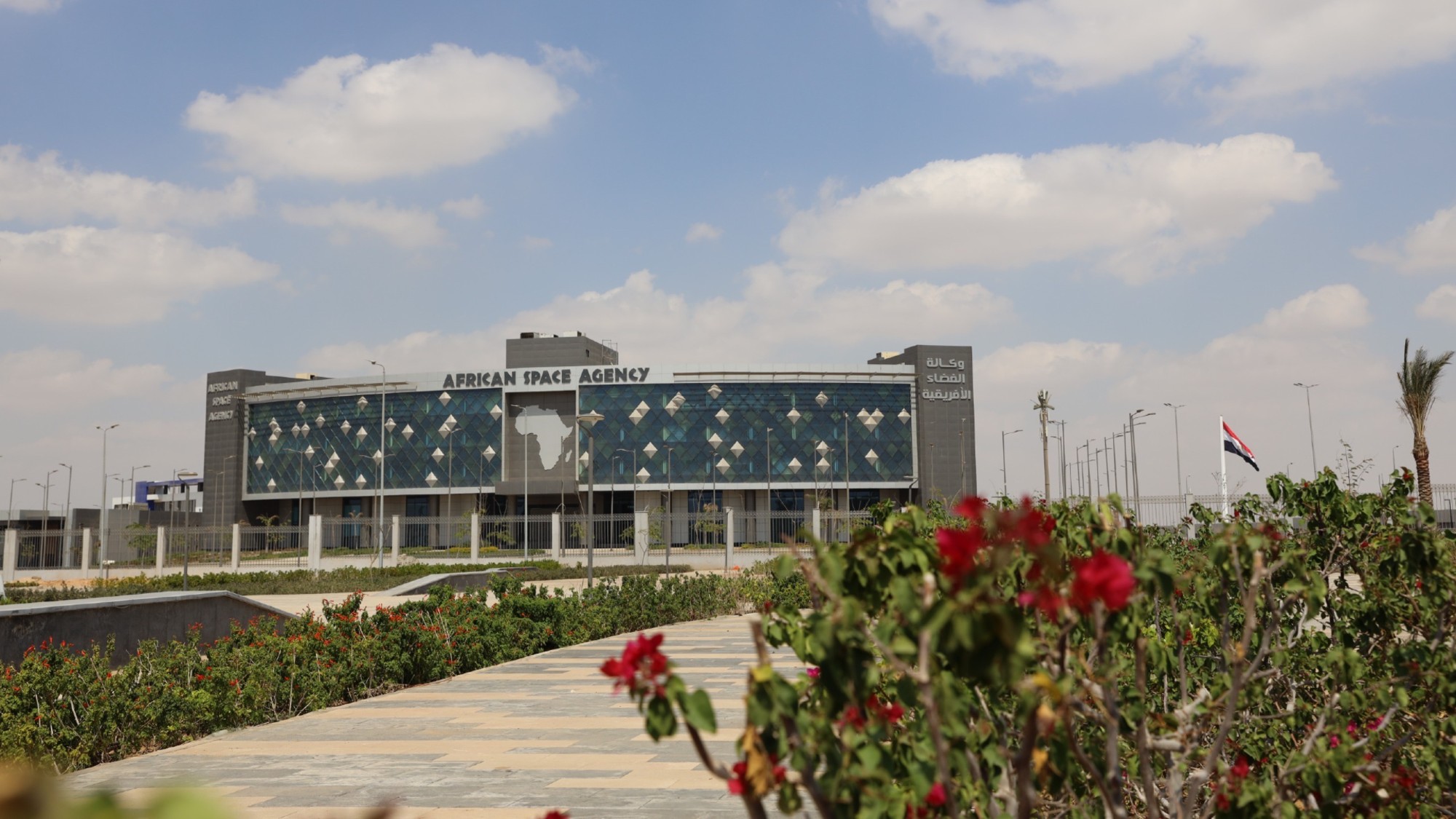 Africa could become the next frontier for space programs
Africa could become the next frontier for space programsThe Explainer China and the US are both working on space applications for Africa
-
 Why some people remember dreams and others don't
Why some people remember dreams and others don'tUnder The Radar Age, attitude and weather all play a part in dream recall
-
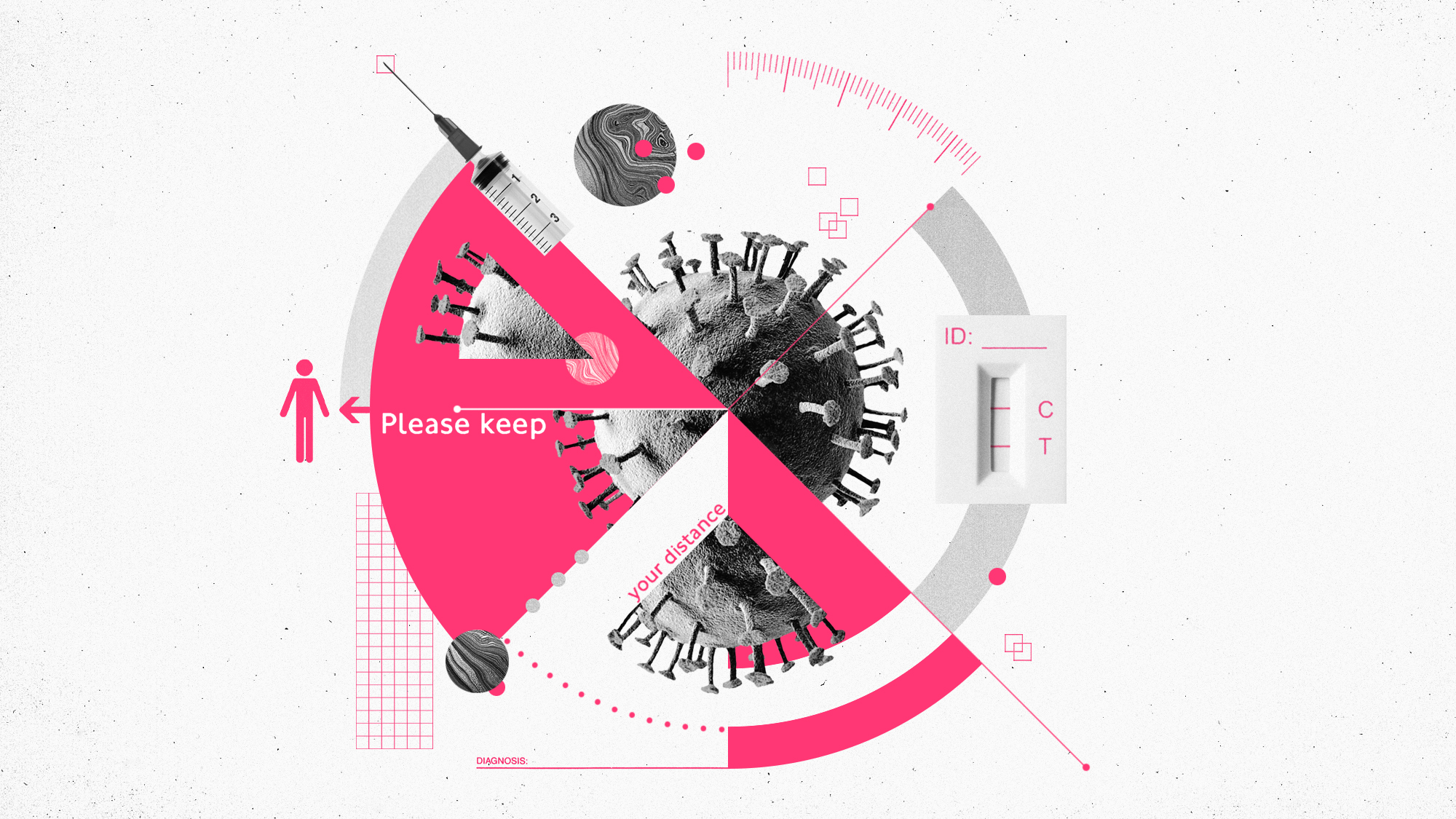 What does Covid look like in 2024?
What does Covid look like in 2024?Today's Big Question Disease experts are calling for closer monitoring as new variant fuels rise in infections
-
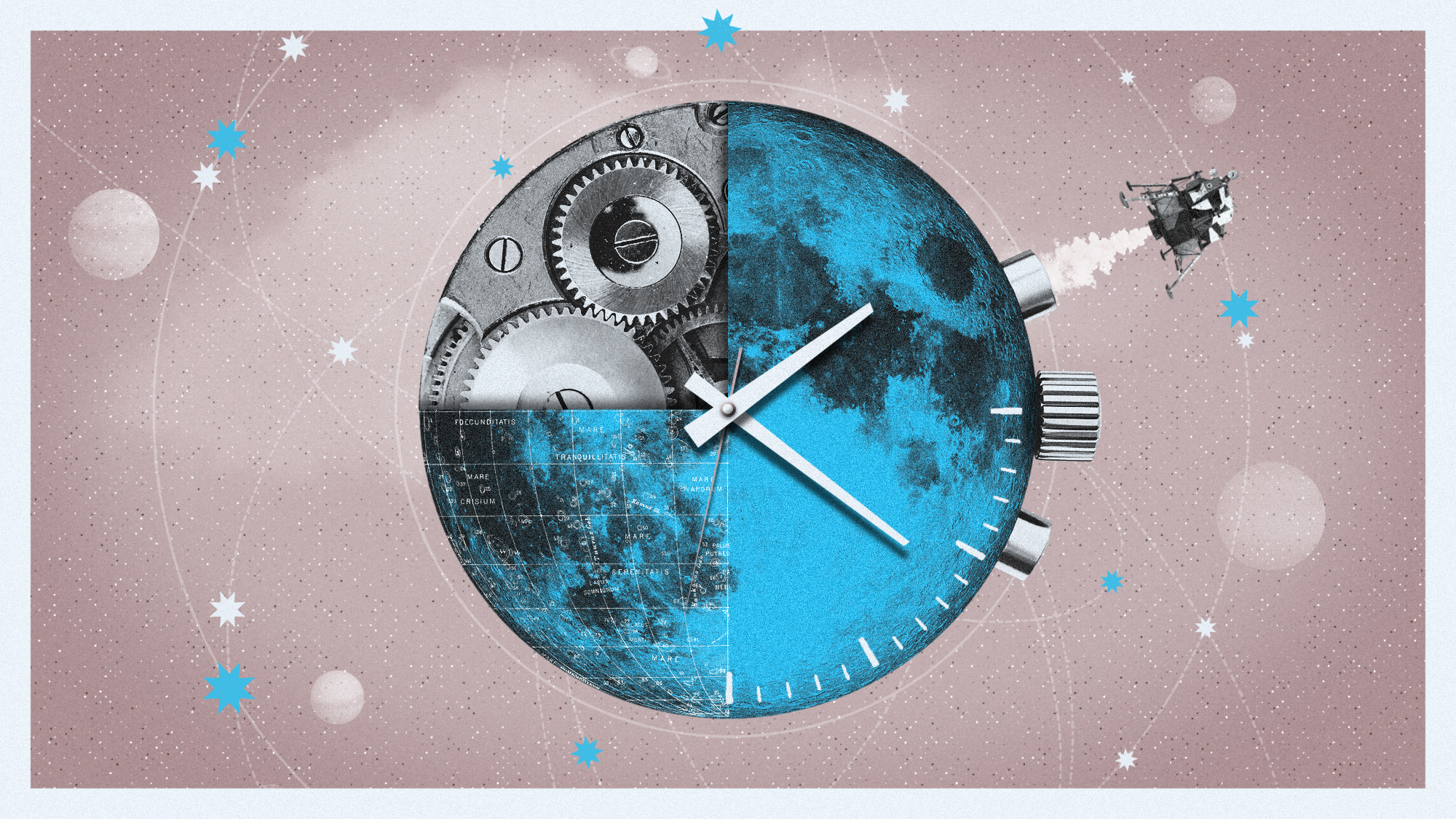 Why the Moon is getting a new time zone
Why the Moon is getting a new time zoneThe Explainer The creation of 'coordinated lunar time' is part of Nasa's mission to establish a long-term presence on Earth's only natural satellite
-
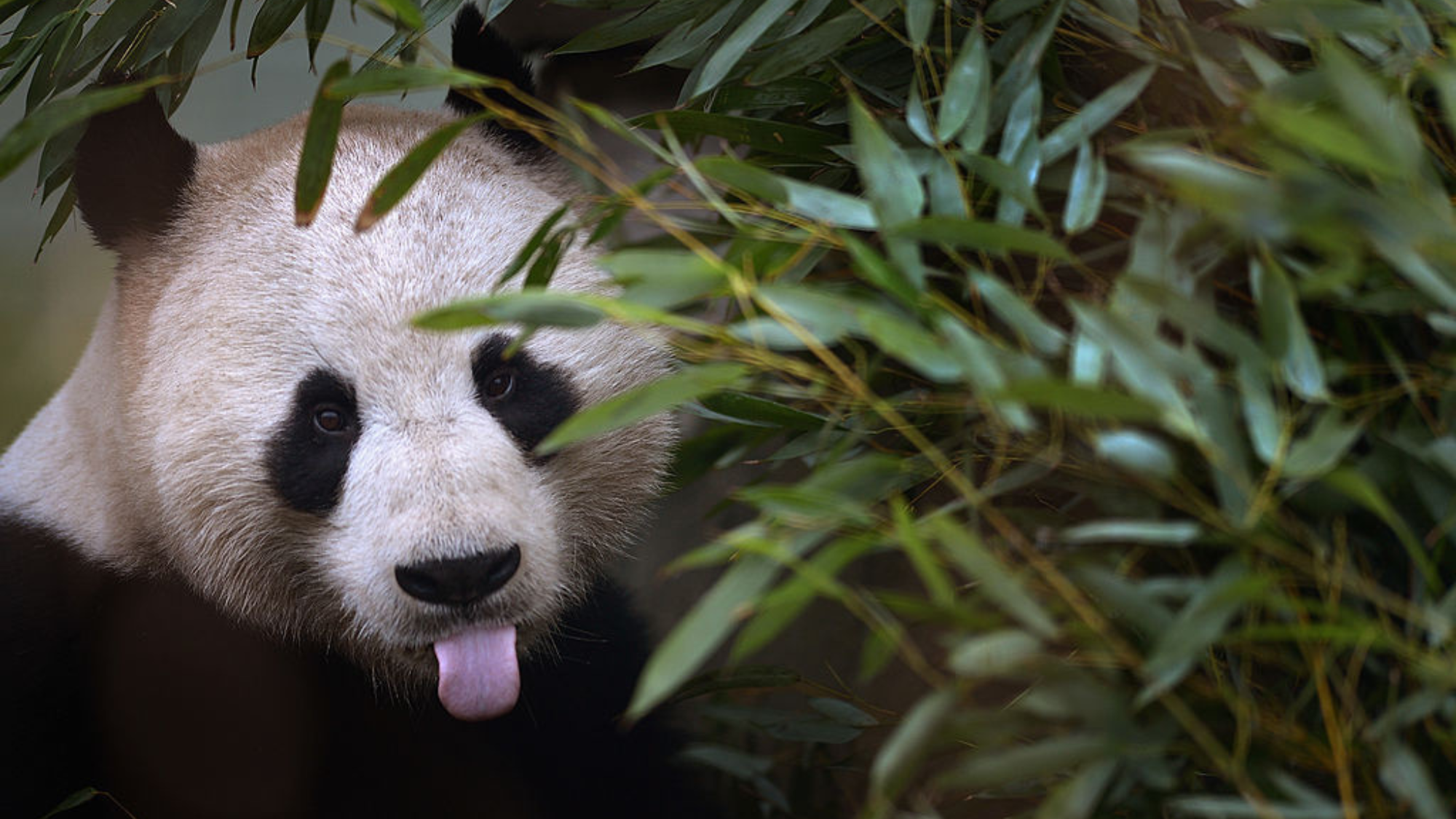 Scotland bids farewell to giant pandas
Scotland bids farewell to giant pandasSpeed Read Animals soon to begin journey back to China as loan agreement comes to an end
-
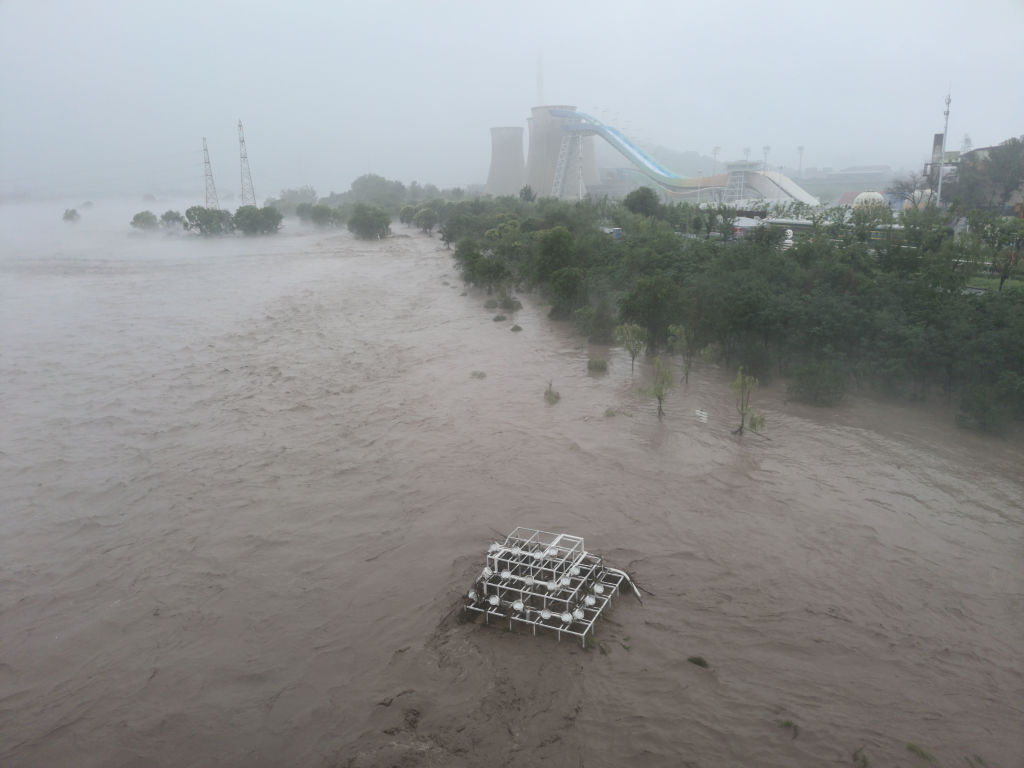 20 dead and 27 missing after lethal downpour in Beijing
20 dead and 27 missing after lethal downpour in BeijingSpeed Read
-
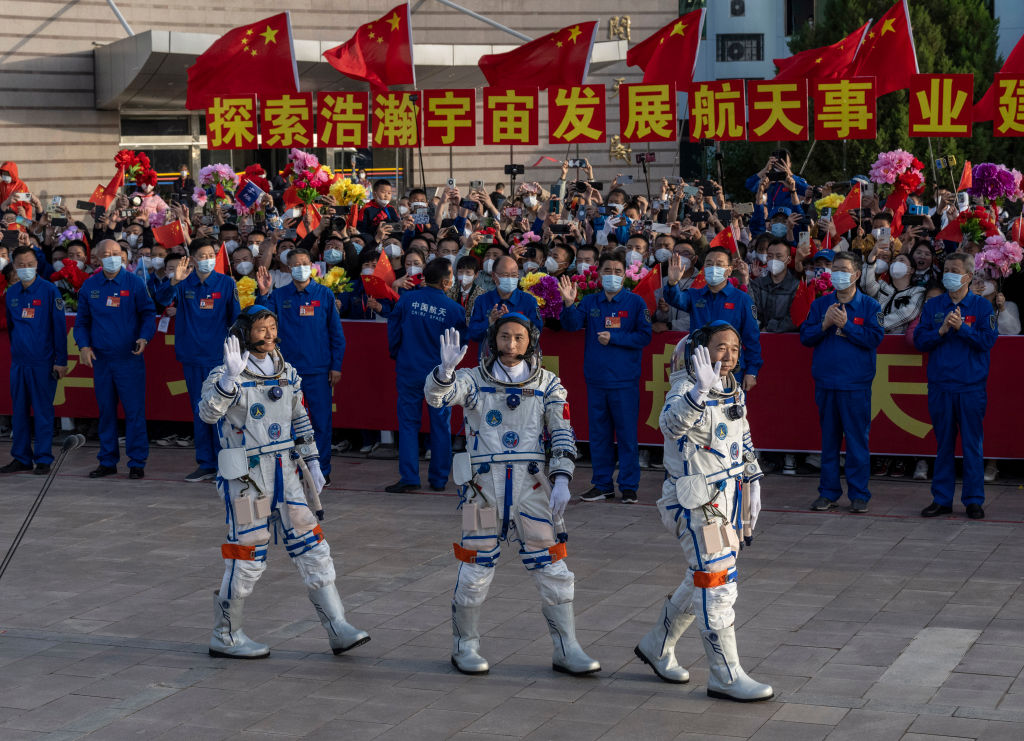 China just sent its first civilian astronaut to space
China just sent its first civilian astronaut to spaceSpeed Read
